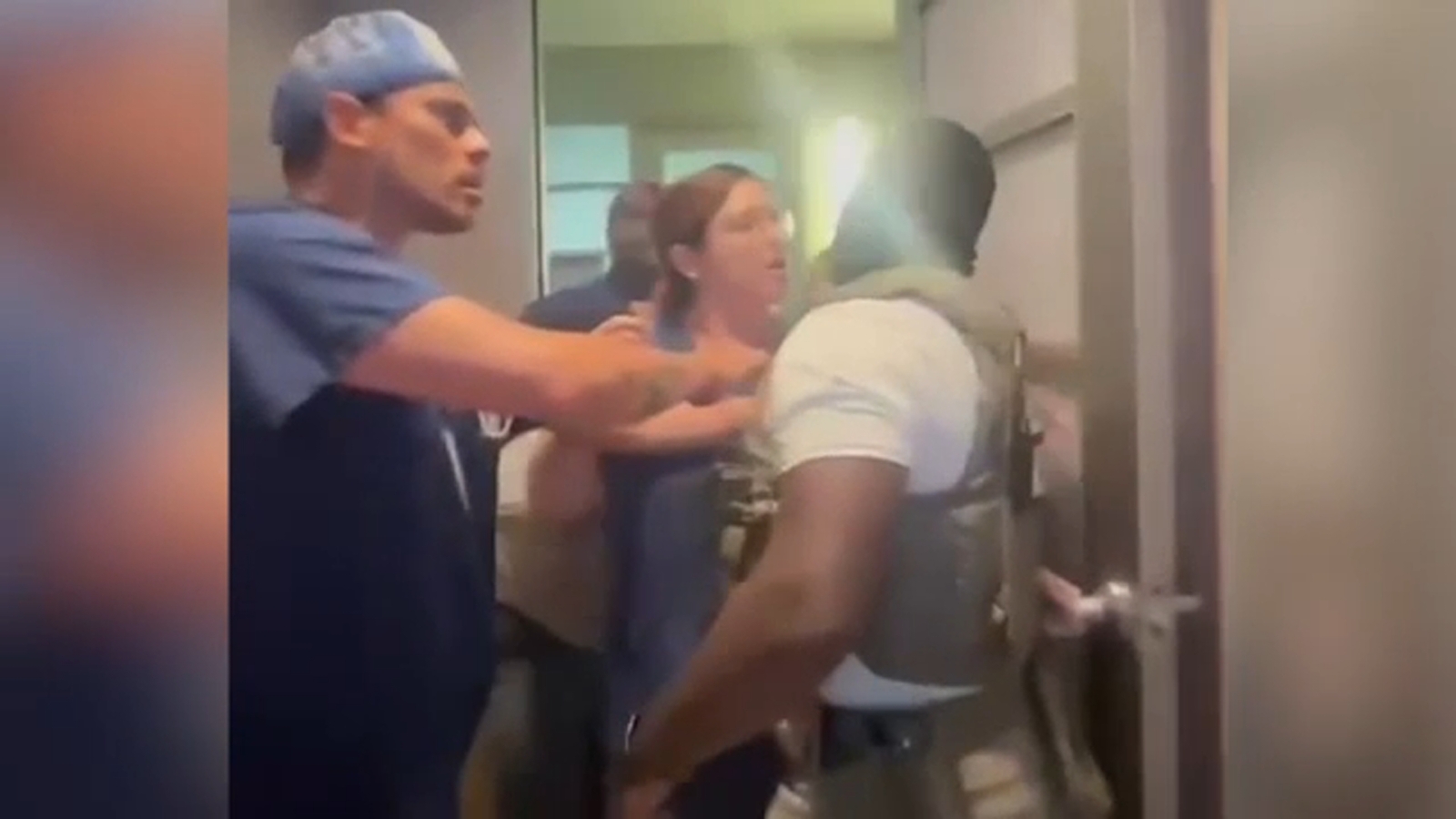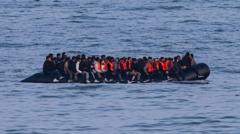Will Felony Charges Against Ontario Health Care Workers Be Dropped for Intervening in ICE Raid?

In a significant legal development, two Ontario health care workers charged with interfering during an Immigration and Customs Enforcement (ICE) raid have had their felony charges reduced to misdemeanors. The case has garnered attention not just for its legal implications but also for its reflection on immigration enforcement and community response.
Last updated: 27 October 2023 (BST)
Key Takeaways
- Felony charges against Jose Ortega and Danielle Davila have been downgraded to misdemeanours.
- The two health care workers intervened during an ICE arrest in July 2023.
- They chose to fight the charges instead of accepting plea deals.
- The case highlights broader issues of immigration enforcement and community support.
- The arrested individual, Denis Guillen, opted to return to Honduras voluntarily.
Incident Overview
In July 2023, the Ontario Advanced Surgical Center became the scene of a contentious ICE arrest. Federal agents attempted to detain Denis Guillen, a landscaper, when Ortega and Davila intervened. Video footage of the incident shows them confronting the agents, which led to their arrest and subsequent charges.
Legal Proceedings and Changes
Initially charged with serious felonies, including assaulting federal officers and conspiracy to interfere with an immigration arrest, Ortega and Davila faced a daunting legal battle. However, the U.S. Attorney's Office later downgraded their charges to misdemeanours. This decision reflects a shift in the legal landscape surrounding immigration enforcement and the actions of individuals who challenge such actions.
The Decision to Fight
Both Ortega and Davila had the option to accept plea deals, which would have likely resulted in lesser penalties. However, they opted to contest the charges in court. Their attorneys argued that the case against them was politically motivated, with Ortega's lawyer, Carlos Juarez, stating, "It's a political arrest. It's obvious." This sentiment resonates with many in the community who feel targeted by immigration policies.
Community Support and Reaction
Following the reduction of charges, both Ortega and Davila expressed gratitude for the support they received from local advocates and community members. Davila, speaking outside the Riverside Federal Courthouse, highlighted the importance of community backing, stating, "It's been really incredible to feel all the support, and I truly appreciate it." This show of solidarity underscores the community's stance on immigration enforcement and their willingness to stand by those who oppose it.
Workplace Protocol and Actions
Ortega explained their actions by referencing workplace protocols, which dictate that identification and warrants should be requested before allowing agents into their office. This adherence to protocol, they argued, justified their intervention during the ICE raid.
The Future for Ortega and Davila
Despite the downgrade of charges, Ortega and Davila still face legal challenges moving forward. They have expressed their determination to continue fighting the case, with Davila's attorney, Oliver Cleary, indicating her eagerness to testify. Their commitment to stand by their actions speaks to a larger narrative of civil disobedience in the face of perceived injustice.
The Implications of the Case
This case not only illustrates the personal ramifications for Ortega and Davila but also raises critical questions about immigration enforcement practices in the United States. As communities grapple with the implications of these policies, similar incidents may become more common, prompting discussions about legal rights, workplace obligations, and community responsibilities.
Denis Guillen's Situation
Denis Guillen, the target of the ICE arrest, was taken to the Adelanto Detention Center. Eventually, he chose to return to Honduras voluntarily rather than pursue legal options in the U.S. His decision reflects the difficult choices many undocumented individuals face when confronted by immigration authorities.
Conclusion
As the legal journey for Ortega and Davila continues, the broader implications of their actions and the community's support will likely influence future discussions around immigration enforcement in the United States. Their story serves as a reminder of the ongoing complexities surrounding immigration policy and the human stories within these legal frameworks. Will communities continue to stand by those who challenge immigration enforcement, and what might that mean for future cases?
#Immigration #Ontario #HealthcareWorkers
FAQs
What charges were originally brought against Ortega and Davila?
Initially, Jose Ortega and Danielle Davila faced felony charges, including assaulting federal officers and conspiracy to interfere with an immigration arrest.
Why did they choose to fight the charges instead of accepting a plea deal?
Ortega and Davila opted to contest the charges in court, believing their actions were justified and politically motivated, according to their attorneys.
What was the outcome for Denis Guillen?
Denis Guillen, the individual targeted by ICE, was taken to a detention centre but eventually chose to return to Honduras voluntarily.
How has the community reacted to Ortega and Davila's actions?
The community has shown significant support for Ortega and Davila, with many locals advocating for their rights and expressing solidarity during the legal proceedings.
What are the implications of this case for immigration enforcement?
This case highlights the tensions between immigration enforcement practices and community responses, raising questions about legal rights and the responsibilities of individuals during such encounters.
Published: 2025-08-20 04:32:14 | Category: Trump GNEWS Search



